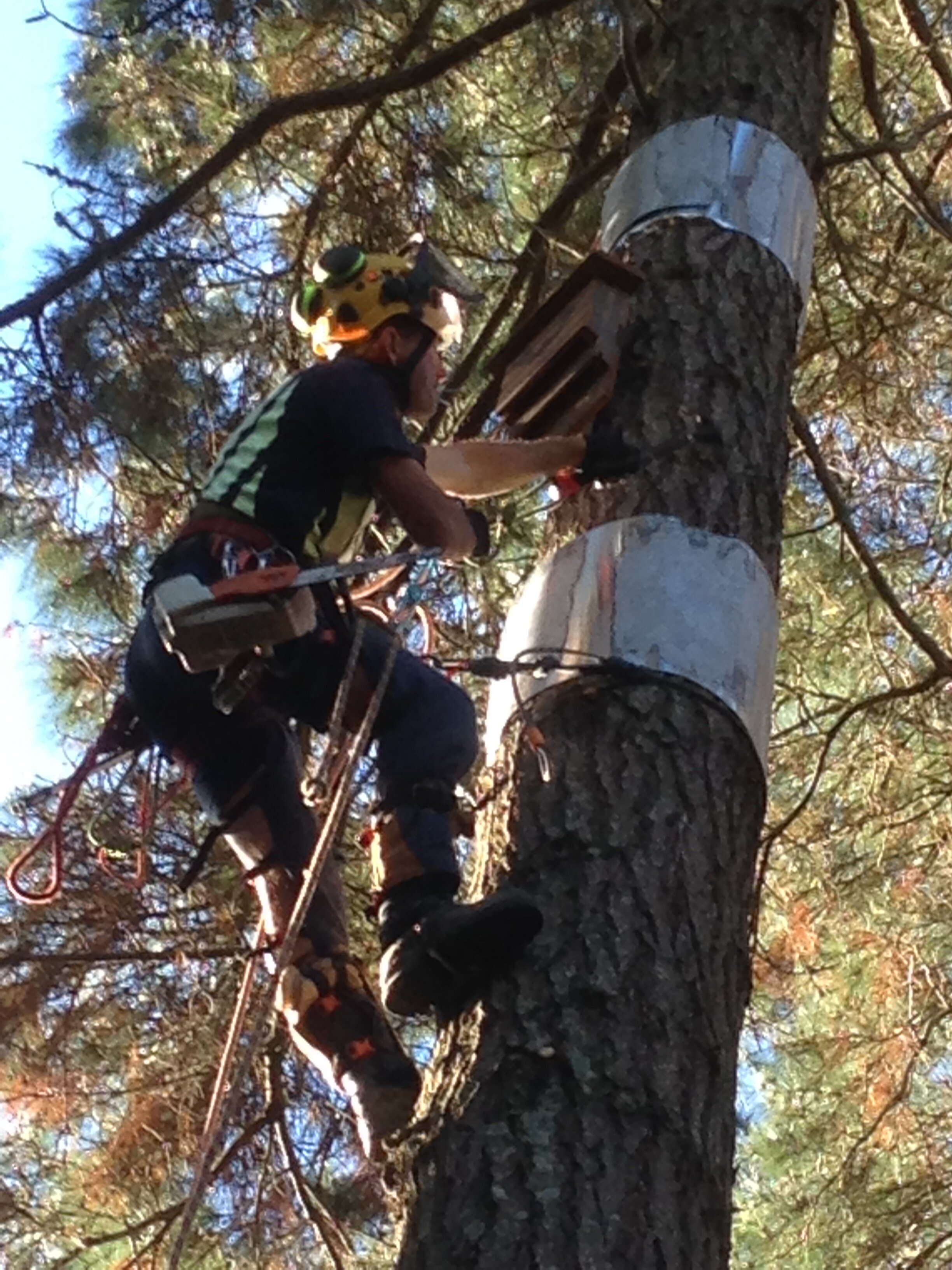According to the Asthma & Respiratory Foundation of NZ, 1 in 7 children take medication for asthma in NZ; 586,000 school days are lost each year due to asthma; on average 77 kiwis die from asthma each year; and the cost of asthma to the nation is over $1 billion per year.
Read MoreNew Zealand’s future prosperity relies on our ability to embrace scientific discoveries and advanced technologies.
Read MoreCommunity Transport Providers offer transport to those in need, where no other suitable public transport option exists. This could include transport for health, education or social reasons. They are a lifeline for our rural population, ensuring that people are able to continue living in rural areas, and still access the services they require.
Read MoreCommunity Transport Providers offer transport to those in need, where no other suitable public transport option exists. This could include transport for health, education or social reasons. They are a lifeline for our rural population, ensuring that people are able to continue living in rural areas, and still access the services they require.
Read MoreCommunity Waikato recognizes that Marae are a key feature of the cultural infrastructure within Maaori society. We see that they act as guardians of maatauranga (knowledge) and taonga (precious heirlooms) and connecting whaanau through whakapapa (family connections). We understand that marae are held as sacred to the living, and a memorial to the departed. They serve as the custodian of traditional knowledge and of the whakapapa that connects its members. More importantly, they are considered the foundation upon which Maaori preserve and strengthen their identity.
Read MoreWhat is the difference between a team, a group and just a bunch of people?
Teams are described as having a shared identity; being reliant on one-another; including multiple relationships and having a shared task to achieve. So, if a collection of people does not identify themselves as a unit and others don’t either; if they don’t depend on each other and there is minimal relationship; and if they don’t share a common goal then they’re just a bunch!
Read MoreThe COVID-19 pandemic and the New Zealand government’s subsequent response has significantly increased the volume of information being generated by the media and the various communication channels of government, business, education and community sectors. Social and traditional media have been pumping out information at a rapid rate of knots. Not a single aspect of our lives has been immune to this overabundance of information.
Read MoreIf we have learned anything over the last couple of months, it is the value of our relationships and our connections. Our community and social service sector have worked tirelessly to ensure people can access the support and services they need.
Read MoreA huge collaborative effort from several Hamilton-based community service providers, volunteers and funders means that Hamilton residents can now access social service support during COVID-19 at their fingertips thanks to a pioneering community response website ‘heretohelpu.nz‘.
Read MoreCommunity Waikato identified an area of need within our community during the COVID-19 pandemic and subsequent lockdown. Many individuals were unable to access essential grocery services and food, for a range of different reasons. Community Waikato approached Pukete Neighbourhood House on the possibility of providing support around this issue, and the “House” responded!
Read MoreSix weeks ago, I thought I knew the work of food banks and what provision of food was available to our Waikato communities. I was wrong! I would like to share my learnings.
Read MoreAt Community Waikato, our number one priority is the health and well-being of our staff, the people we work with, and the communities we serve. Our vision is ‘Thriving Communities’ and with this in mind, we wanted to let you know what we are doing to keep everyone as safe as possible during this time. With the change in New Zealand's alert level in response to the coronavirus pandemic we wanted to let you know the changes we are making in the delivery of our service.
Read MoreThere are any number of big and small ways that people feel excluded, and the Inclusive Aotearoa Collective want to hear and reflect both feelings of inclusion and exclusion. Most importantly, they want to know what needs to change so that everyone feels that they can thrive in this country they call home.
Read MoreLike many non-profit organisations, Waikato Queer Youth (WaQuY) started because a vulnerable young person needed support. A few passionate people saw an opportunity to create a space for advocating and supporting young people to celebrate their diversity and identities and provide safe places where people can thrive and feel empowered to be themselves or support their loved ones.
Read MoreRestoration is much more than just pulling weeds and planting native plants. The Mangaiti Gully Restoration Trust tackles restoration in a very holistic way. Rex Bushell, coordinator of the Trust is keen on encouraging the return of native creatures.
Read MoreGrandview Community Garden is a multi-cultural community with over 16 languages spoken by gardeners who all share a delight in growing food and gardening together.
Read MoreAt the moment only about 2% of Hamilton has indigenous forest cover. The current aim for the city is to restore 10% of Hamilton to indigenous habitat as part of the conservation and restoration of the indigenous natural environment.
Read MoreAotearoa R.A.T.S (Riders Against Teenage Suicide) are a group of bikers formed to take a collective approach to tackle the issue of suicide within our whānau, our aiga, our families, our communities, our regions - our country.
Read MoreSettling in a new country is not easy, especially when the language is unfamiliar. English Language Partners New Zealand offer language teaching, social support and a chance for new people to make a friend. Learning English enables people to participate more fully in New Zealand, and live independent lives.
Read MoreToday the gap between the haves and have nots is growing in New Zealand. Thomas Nabbs, Founder of The WaterBoy sees the benefits that sports brings, as an opportunity to build stronger communities and make New Zealand a better place to live.
Read More



















